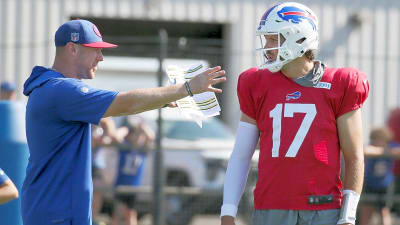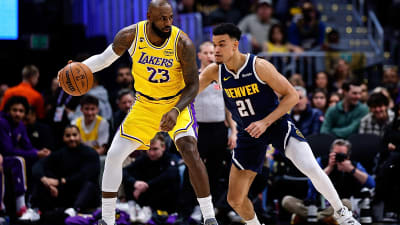
Manchester United supporters around the world have been watching recent World Cup drama with keen interest as football’s governing bodies come under the microscope for consistency.
The wider discussion over disciplinary fairness and clear rule‑book applications has dominated social media and pundit debates in the past week.
National team coaches and players, including several with United links, have been forced to comment publicly as the fallout grows.
Many fans are calling for transparency and fairness after high‑profile decisions seemingly bent under pressure.
Clubs and players now find themselves in a broader debate about how disciplinary rulings are enforced on a global stage.
FIFA now faces the possibility of legal action following its controversial decision to suspend the final two games of the ban for Cristiano Ronaldo, a ruling that cleared him to feature in Portugal’s first two games at the upcoming World Cup.
Cristiano Ronaldo had been handed a three-match suspension after being sent off for elbowing during a recent qualifier, but FIFA’s disciplinary committee invoked internal regulations to lift the last two fixtures under a probationary arrangement.
The 40‑year-old forward is now free to play for Portugal when many believed he would be sidelined.
Now, rival nations drawn against Portugal could seek to challenge FIFA’s decision, potentially lodging a case with Court of Arbitration for Sport (CAS) in Switzerland, as reported by The Daily Mail.
Such a legal case would require plaintiffs to prove they are directly disadvantaged by Ronaldo’s presence, for example, that their chances of progressing in the tournament are diminished by facing a fully fit superstar who should have served a full ban.
Given how rarely institutions challenge FIFA disciplinary processes, mounting such a claim would amount to a test case with major implications for global football governance.
The controversy has reignited debate around the discretionary powers held by FIFA’s disciplinary panels.
Though the regulations technically allow suspensions to be lifted under probation, in line with Article 27 of the FIFA disciplinary code, critics argue that bending punishments for elite players undermines the credibility of fair play.
For Manchester United and its fanbase, this saga, and possible CAS involvement, could reshape expectations around how disciplinary decisions are enforced, especially when high‑profile players are involved.
The outcome of any challenge could set new precedent for clubs, associations and players worldwide.
More must-reads:
- Could Bills QB Josh Allen want Philip Rivers as his next head coach?
- Three losers of the 2025-26 MLB offseason
- The 'NFL tight end receiving leaders' quiz
Breaking News
Trending News
Customize Your Newsletter
 +
+
Get the latest news and rumors, customized to your favorite sports and teams. Emailed daily. Always free!








